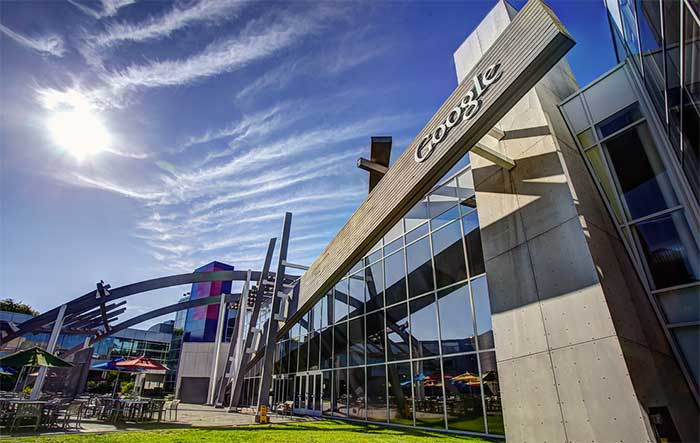If anyone ever asked: What is the largest company in the world in 2020? What would be your answer? Coca Cola? Facebook, or perhaps, Bill Gates' Microsoft? Well, on this matter, your guess is as good as mine.
Google is today one of the largest and most profitable companies in the world. Do you know anyone who knows something about the digital world and, yet, does not use Google? Almost everyone uses Google as their favourite search engine. Indeed, many people have Google set as their home page. This facilitates easier usage.
The company is so widely used today that the term Google has quickly become a part of the international vocabulary, familiar everywhere. From 2006, the word was even included in some widely used English dictionaries, like the Oxford English dictionary.
The history of Google starts way back in 1998 with two graduate students of Stanford University, Larry Page and Sergey Brin. The two men invented Google in the college precincts. Today, they control about 56% of the stockholder shares. Google was later incorporated as a privately- held company in California, USA. Soon after that, Google moved its headquarters to the famous Googleplex building in Mountain View, California. The company continued with a sterling performance in business, progressively becoming popular and very successful.
In 2015 Google announced new plans to reorganize its corporate interests and turn into a conglomerate. The new giant was known as the Alphabet Incorporated. Google became the principal subsidiary of the Alphabet conglomerate. Despite the formation of the new company, Google maintained its place as the umbrella company representing the Alphabet's general interests. Google is a true symbol of success. In the new formation, Sunday Pichai took over the role of Google CEO, replacing Larry Page. The latter assumed the mantle of the Alphabet Company as the overall conglomerate CEO.
Today, Google ranks highly in the digital space as the world's most visited website. Other Google subsidiaries feature high in the top 100 websites most visited by surfers. Among these is the phenomenal YouTube and Blogger. Between 2015 and 2017, Google became the world's most valuable brand. Nevertheless, in recent years, the company has weathered significant criticism from users regarding an array of issues, including general privacy concerns, censorship, anti-trust tax evasion, and search neutrality.
Most interestingly, the Google Company consists of unique teams of employees, 14% of whom never stepped into college. The company has a policy that stresses the intrinsic qualities of individuals instead of mere educational backgrounds or school test scores. The capability and suitability of Google's potential employs are measured solely basing on these.
At one time, Google even hired a camel when the company sought to create some imagery for a new street view application. The intent was to document the desert, thus including it as part of the programme. In another of Google's pioneering programmes,, you can readily explore around parts of Mars as well as tour the base camp at Mount Everest.
Should you decide to bypass all the Google advertisements and go for the 'I am Feeling Lucky' button, the company stands to lose a whopping $100 a year. This device is designed to take you straight to the listed search first page, thus saving you some seconds in the process. A staggering amount, by most standards, won't you agree? However, consider the total amount of money that Google makes from advertising each year: A whopping $30 billion. This is more than the combined fortunes of all the leading satellite channels in America, including ABC, NBC, CBS and Fox.
Does this kind of profit surprise you? Remember that Google hosts more than 4 million searches every minute.
Yes, every day, Google receives more than 63,000 searches in just one second. That is the average number of people who use the search engine daily. This means Google gets 3.8 million searches per minute, 228 million per hour and 5.6 billion per day.

